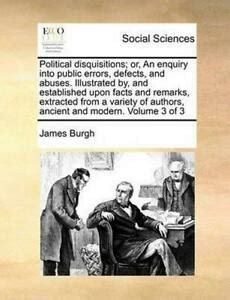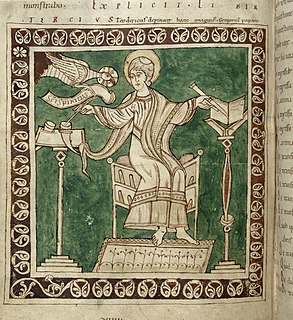A Quote by Thomas Merton
Action is the stream, and contemplation is the spring.
Quote Topics
Related Quotes
But this is that which will dignify and exalt knowledge: if contemplation and action be more nearly and straitly conjoined and united together than they have been: a conjunction like unto that of the highest planets, Saturn, the planet of rest and contemplation, and Jupiter, the planet of civil society and action.
The Oriental philosophy approaches easily loftier themes than the modern aspires to; and no wonder if it sometimes prattle about them. It only assigns their due rank respectively to Action and Contemplation, or rather does full justice to the latter. Western philosophers have not conceived of the significance of Contemplation in their sense.
When like the patriarchs we learn to dig wells of virtue and spiritual knowledge within ourselves by means of ascetic practice and contemplation, we will find within us Christ the spring of life (cf. Gen. 26:15-18). Wisdom commands us to drink from this spring, saying, 'Drink water from your own pitchers and from the spring of your own wells' (Prov. 5:15). If we do this we shall find that the treasures of wisdom truly are within us.


































